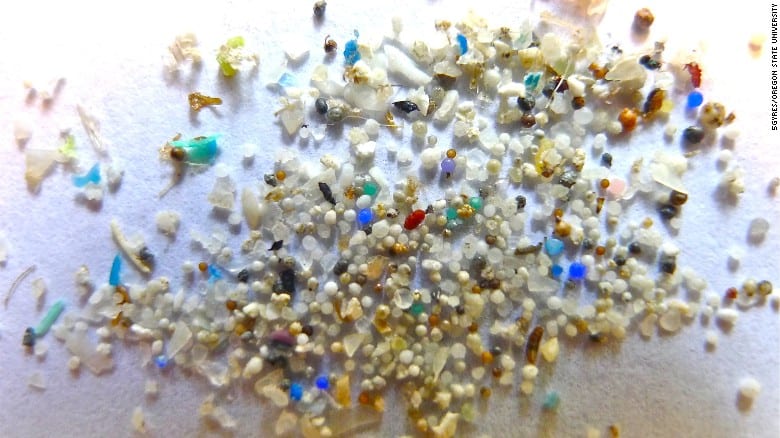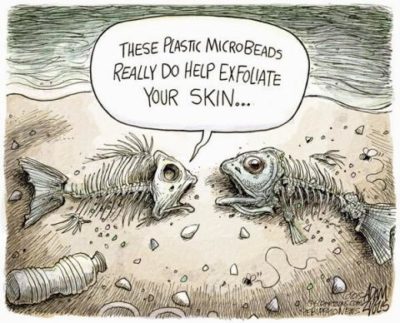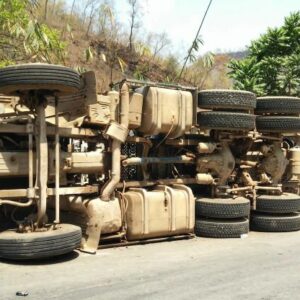
Microbeads, tiny plastic beads usually manufactured from polypropylene or polyethylene, absolutely devastate the environment and wildlife, which is environment minister of New Zealand, Nick Smith, recently announced that the miniature pollutants will no longer be allowed in cosmetics or personal care items beginning July 1, 2018. Companies that ignore the new law and attempt to sneak them into products will face an NZ $100,000 (US $73,000) fine.
The products are commonly added to cosmetic items, particularly exfoliants. Microbeads can be found in a wide range of skin care products, in everything from facial scrubs, masks, and cleansers to soaps and toothpaste. Seemingly insignificant, the plastic beads are a detriment to the environment because they are too tiny to be properly filtered out by wastewater treatment facilities. In effect, they are being found in increasing numbers in bodies of water and marine animals.
A number of governments have moved to ban the plastic beads, such as the U.S., Canada, Sweden, and the United Kingdom, but an individual initiative by businesses to phase out the product has been slow. Smith expressed his displeasure at companies’ slow movement to eliminate the use of the beads:
“Some companies have already announced that their intention is to phase them out. I was surprised today, despite those commitments, seeing a very wide range of dozens and dozens of products, everything from shampoos to face cleaners to shaving creams to sunscreen and toothpaste containing these microbeads.”
As TreeHugger points out, not everyone is pleased by Smith’s new regulation. Environmental  organization Greenpeace, for example, wants the ban to include household cleaners that may contain microbeads, as well. The group proclaims that in the U.S. for example, despite legislation passing to ban the microbeads, 8 trillion of the tiny pollutants still enter the waterways every single day. In effect, a stricter ban is required.
organization Greenpeace, for example, wants the ban to include household cleaners that may contain microbeads, as well. The group proclaims that in the U.S. for example, despite legislation passing to ban the microbeads, 8 trillion of the tiny pollutants still enter the waterways every single day. In effect, a stricter ban is required.
There is, undoubtedly, more the country could do to benefit the environment, such as implement a plastic bag ban, but forward progress is progress nonetheless. What are your thoughts? Please comment below and share this news!


